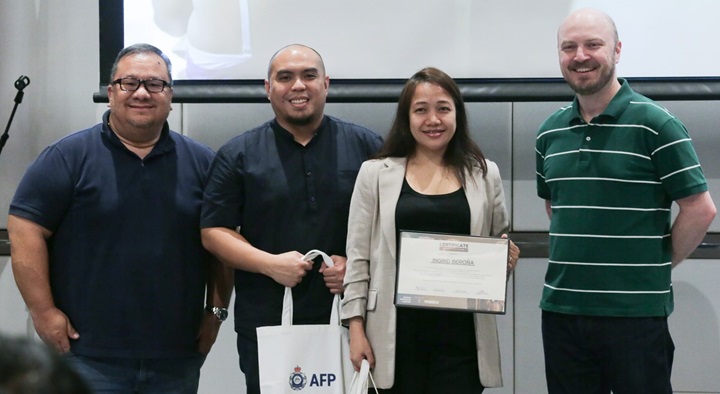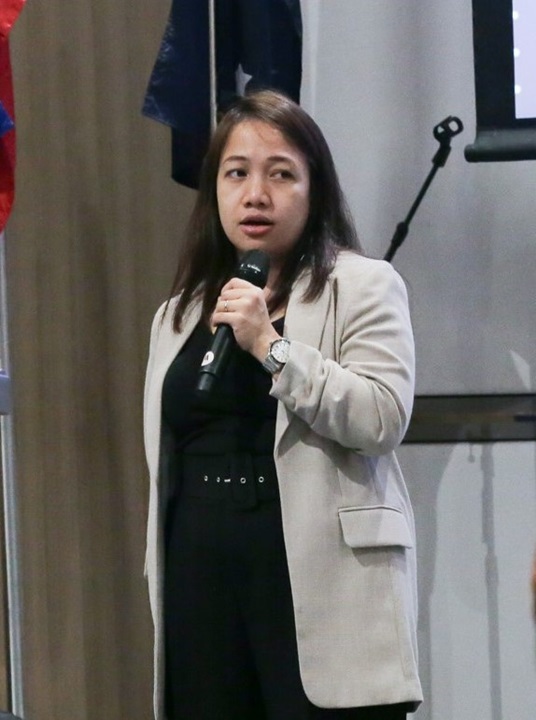
The Philippines is one of the most vulnerable countries in ASEAN due to its ease of access to technology and well-established financial transaction facilities, according to a research by the United Nations International Children’s Emergency Fund (UNICEF). This was revealed during the recent Advanced Investigation Workshop 2024, which was organized by the International Justice Mission (IJM) to tackle critical issues surrounding Online Sexual Abuse and Exploitation of Children (OSAEC).
During the workshop, GCash, the country’s leading finance app, was invited to share its best practices against OSAEC, as part of its continued efforts to battle cybercrimes and promote a safe and secure digital ecosystem.

GCash chief risk officer Ingrid Beroña shared before international law enforcer participants the critical role of inter-agency partnerships in the fight against women and children’s exploitation.
“Last year, over 100 possible OSAEC transactions were endorsed to GCash by one our partner remittance center and Anti-Money Laundering Council. What we do is we monitor these possible cases and if found suspicious, relevant accounts are blacklisted and reported back to them for further investigation. Aside from reports from our partners, our system also alerts us of suspicious transactions that could possibly be related to sexual abuse of children online,” said Beroña.
Participants of the 10-day workshop gathered representatives from the National Bureau of Investigation (NBI), the Philippine National Police Women and Children Protection Center (PNP-WCPC), Anti Money Laundering Council (AMLC), the Australian Federal Police (AFP), the Netherlands Police, and the United Kingdom’s National Crime Agency (NCA).
To ensure the safety of its users, GCash, the largest cashless ecosystem in the country, continues to closely work with top law enforcement authorities, including the Philippine National Police Anti-Cybercrime Group (PNP-ACG), the National Bureau of Investigation (NBI), and the Cybercrime Investigation and Coordinating Center (CICC), to combat cybercrime.
“Considering our thrust towards financial inclusion, we believe in helping the marginalized so that we can truly be an organization that serves all. More than just scams and fraud, GCash believes that it also has a social responsibility to use its resources against other crimes against persons, especially helpless women and children,” concluded Beroña.

